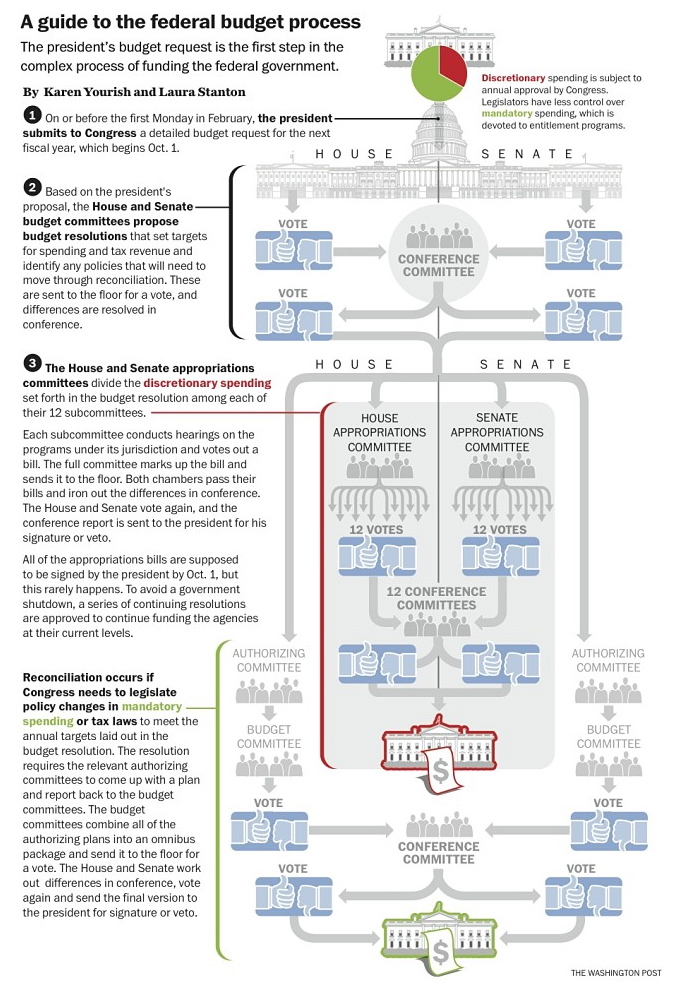The ineptness, complacency, and irresponsibility have been the rigor du jour for over a decade now..
Since Carter, I read. 14 shutdowns so far, IIRC. It's very definitely a bad sign for a continuing government, in my opinion. We have had a surprisingly long run and are way overdue for a major political upheaval, by the standards of any other major country. Not to even bother mentioning the minor ones.
Are we asking too much to have our representatives MANAGE this bloated beast? I think they capitulated and admitted it is too difficult to do so.. The number of shutdowns is probably less then the number of years that have gone by with NO comprehensive budgeting and rearranging of priorities.


